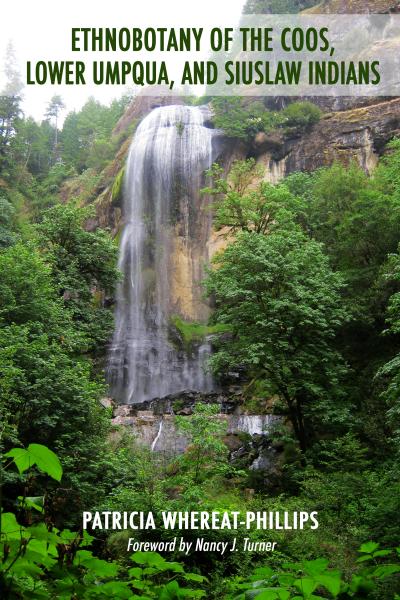
ISBN 9780870710889 (hardcover)
Oregon Indians
Stephen Dow Beckham
Editor
In this deeply researched volume, Stephen Dow Beckham brings together commentary by Native Americans about the events affecting their lives in Oregon. Now available in paperback for the first time, this volume presents first-person accounts of events threatening, changing, and shaping the lives of Oregon Indians, from “first encounters” in the late eighteenth century to modern tribal economies.
The book's seven thematic sections are arranged chronologically and prefaced with introductory essays that provide the context of Indian relations with Euro-Americans and tightening federal policy. Each of the nearly seventy documents has a brief introduction that identifies the event and the speakers involved. Most of the book's selections are little known. Few have been previously published, including treaty council minutes, court and congressional testimonies, letters, and passages from travelers' journals.
Oregon Indians opens with the arrival of Euro-Americans and their introduction of new technology, weapons, and diseases. The role of treaties, machinations of the Oregon volunteers, efforts of the U.S. Army to protect the Indians but also to subdue and confine them, and the emergence of reservation programs to "civilize" them are recorded in a variety of documents that illuminate nineteenth-century Indian experiences.
Twentieth-century documents include Tommy Thompson on the flooding of the Celilo Falls fishing grounds in 1942, as well as Indian voices challenging the "disastrous policy of termination," the state's prohibition on inter-racial marriage, and the final resting ground of Kennewick Man. Selections in the book's final section speak to the changing political atmosphere of the late twentieth century, and suggest that hope, rather than despair, became a possibility for Oregon tribes.
About the author
Stephen Dow Beckham holds the Pamplin Chair of History at Lewis & Clark College. A graduate of the University of Oregon and the University of California, Los Angeles, he has taught courses on Native Americans and the American West for 35 years. Beckham was named "Oregon Professor of the Year" and is recipient of the Asher Distinguished Teaching Award, American Historical Association.
Beckham has researched and written Federal Acknowledgment petitions, testified in federal district court and the U.S. Claims Court, and testified before Congress in matters related to Indian tribes. He has assisted tribes in enrollment documentation, clarification of reservation status and treaty rights, and mounted a number of teacher institutes through the Indian Education Act and its amendments.
Beckham's other books include Requiem for a People: The Rogue Indians and the Frontiersmen, Tall Tales from Rogue River: The Yarns of Hathaway Jones, Many Faces: An Anthology of Oregon Autobiography, and The Literature of the Lewis and Clark Expedition. He is a contributing author to several volumes of the Handbook of North American Indians and to Native Americans in the Twentieth Century.
Read more about this author
"Beckham and OSU Press should be commended for producing an outstanding text. Having such rich source material in one volume… makes this essential reading in understanding an important part of Oregon history."




